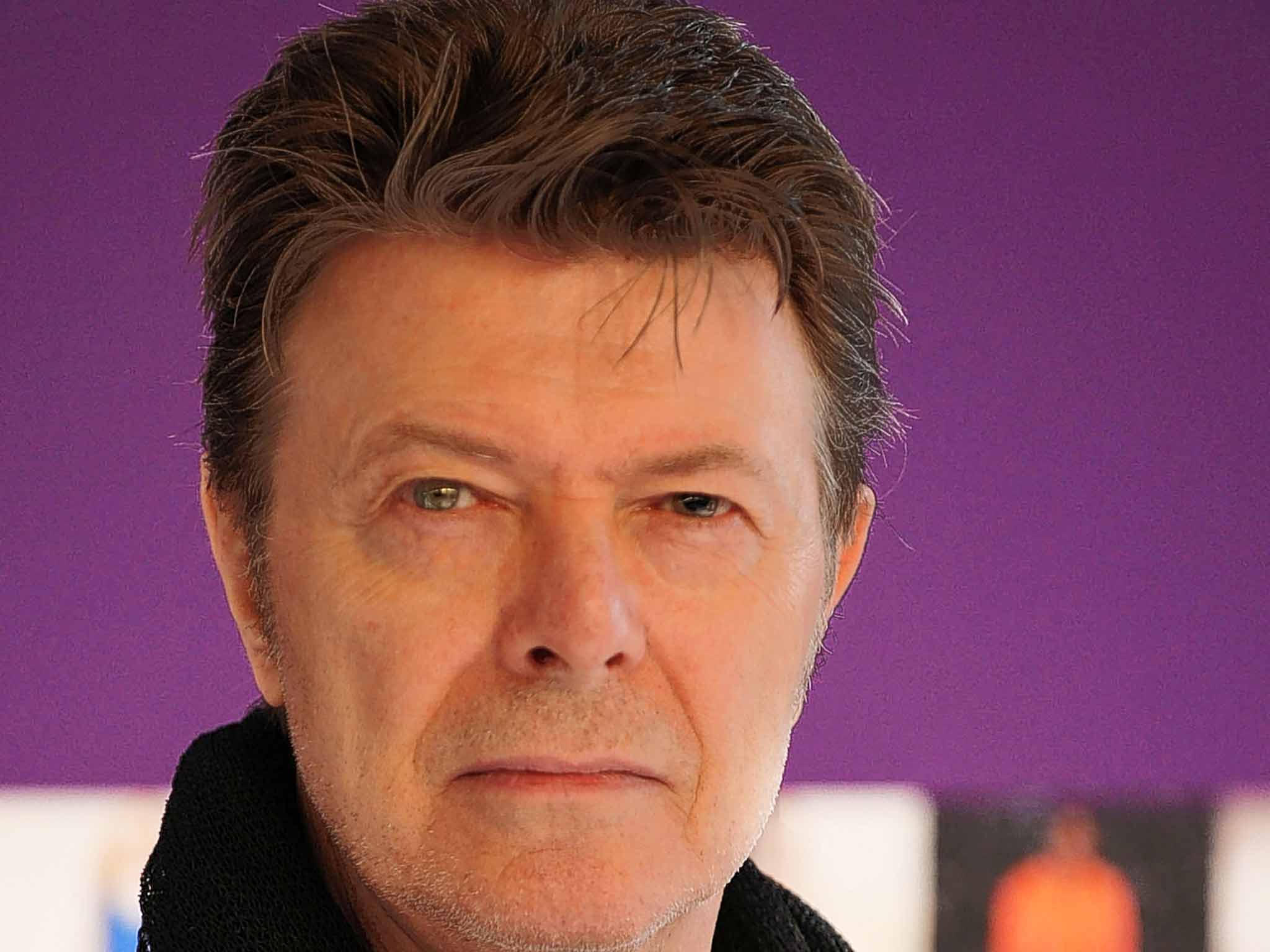The Independent's journalism is supported by our readers. When you purchase through links on our site, we may earn commission.
David Bowie dead: The time the legend turned down a CBE
The singer declined the Queen's offer of a CBE, saying "I seriously don't know what it's for"

Your support helps us to tell the story
From reproductive rights to climate change to Big Tech, The Independent is on the ground when the story is developing. Whether it's investigating the financials of Elon Musk's pro-Trump PAC or producing our latest documentary, 'The A Word', which shines a light on the American women fighting for reproductive rights, we know how important it is to parse out the facts from the messaging.
At such a critical moment in US history, we need reporters on the ground. Your donation allows us to keep sending journalists to speak to both sides of the story.
The Independent is trusted by Americans across the entire political spectrum. And unlike many other quality news outlets, we choose not to lock Americans out of our reporting and analysis with paywalls. We believe quality journalism should be available to everyone, paid for by those who can afford it.
Your support makes all the difference.David Bowie, who has died at the age of 69, displayed his characteristic rebellious streak when he twice refused honours from the Queen during his career.
In 2000, the pop star turned down the offer of a CBE, or Commander of the Order of the British Empire title, which the Queen awards to those who have made “a distinguished, innovative contribution to any area” of British life.
Whilst many would have been flattered by the honour, Bowie snubbed the award, explaining at the time: “I seriously don’t know what it’s for.”
In 2003, the musician was also offered a knighthood in recognition of “having a major contribution” to British life which was “inspirational and significant… over a long period of time.” He again refused the honour.
The musician was known for challenging social conventions throughout his career, through his colourful lyrics and bold aesthetics, including his alter-ego Ziggy Stardust. He first shot to attention with the release of Space Oddity in 1969. His maverick and flamboyant style soon came to be defining characteristics of the glam rock period.
He is regarded as one of the most influential men in rock and won two Grammy awards as well as having nine albums go platinum in the UK.
It was confirmed this morning that he had died aged 69 following an 18-month-long battle with cancer.
Join our commenting forum
Join thought-provoking conversations, follow other Independent readers and see their replies
Comments